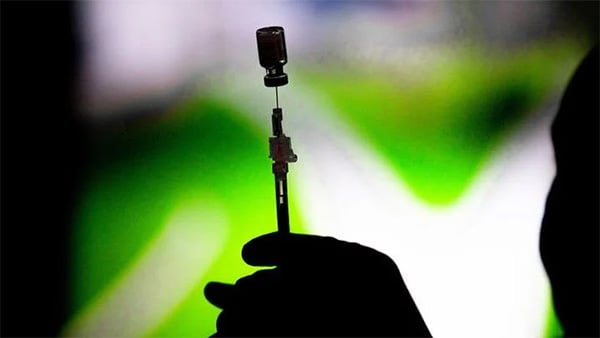AAA’s most recent annual consumer survey on electric vehicles (EVs) shows a decline in consumer interest in purchasing EVs. Only 18% of U.S. adults say they would be “very likely” or “likely” to buy a new or used EV (non- hybrid) ― down from 23% last year. Even more revealing, 63% responded they would be “unlikely or very unlikely” to purchase an EV for their next vehicle purchase.
Lori Weaver Hawkins, public affairs manager, AAA Blue Grass, said the results of AAA’s most recent consumer survey on EVs reflect the current divide between consumers who were willing to jump into EV ownership right away and those who waited. She said the latter group of consumers have weighed the pros and cons for themselves and are concerned enough about going all-electric that they are looking at other options for their future vehicle purchases, whether opting for a hybrid or remaining with an internal combustion engine (ICE) vehicle.

“Early adopters who wanted an EV already have one,” said Greg Brannon, director of automotive research at AAA. “The remaining group of people who have yet to adopt EVs, consider the practicality, cost, convenience, and ownership experience, and for some, those are big enough hurdles to keep them from making the jump to fully electric.”
AAA found the main hesitations in purchasing an EV continue to be cost, lack of convenient charging options and range anxiety. Three in ten also cited the inability to install a charging station where they live.
“Accessible, reliable, affordable, and convenient charging is key to growing EV interest and adoption,” said Weaver Hawkins. “For people who live in an apartment or condo, or anyone leasing their home, at-home charging options may not be readily available. An EV might be a great choice for some households, especially those with 2-plus cars, but it might not always fit the consumer who has to rely on the same car for everyday use as well as travel, especially if they have limited access to charging stations.”

AAA believes there may be a near-term ceiling related to consumer adoption of full-electric vehicles due to their costs, charging accessibility and consumer range anxiety. “However, hybrid options might address some of those concerns, broadening consumer interest in looking beyond internal combustion engine vehicles,” Weaver Hawkins pointed out.
AAA’s survey also found that one in three U.S. adults (31%) say they would be “very likely” or “likely” to buy a hybrid. Opting for a hybrid vehicle lessens the anxiety for consumers because it allows them to enjoy the benefits of an electric-powered vehicle without as much worry over range or access to charging stations.
“Deciding to make the leap to full electric may feel overwhelming for many consumers, and a hybrid option may be the way to bridge this gap,” added Brannon. “Consumer demand will ultimately dictate the future, and my prediction is that we will have a mix of EVs, hybrids, and internal combustion vehicles in dealerships and on the roads in the U.S. for many decades ahead.”
To help educate the public, AAA conducts ongoing research on EVs, including consumer sentiment surveys, testing to determine factors impacting electric vehicle range, examination of the true cost of electric vehicle ownership and survey results on consumer experiences going electric.
American Automobile Association

















